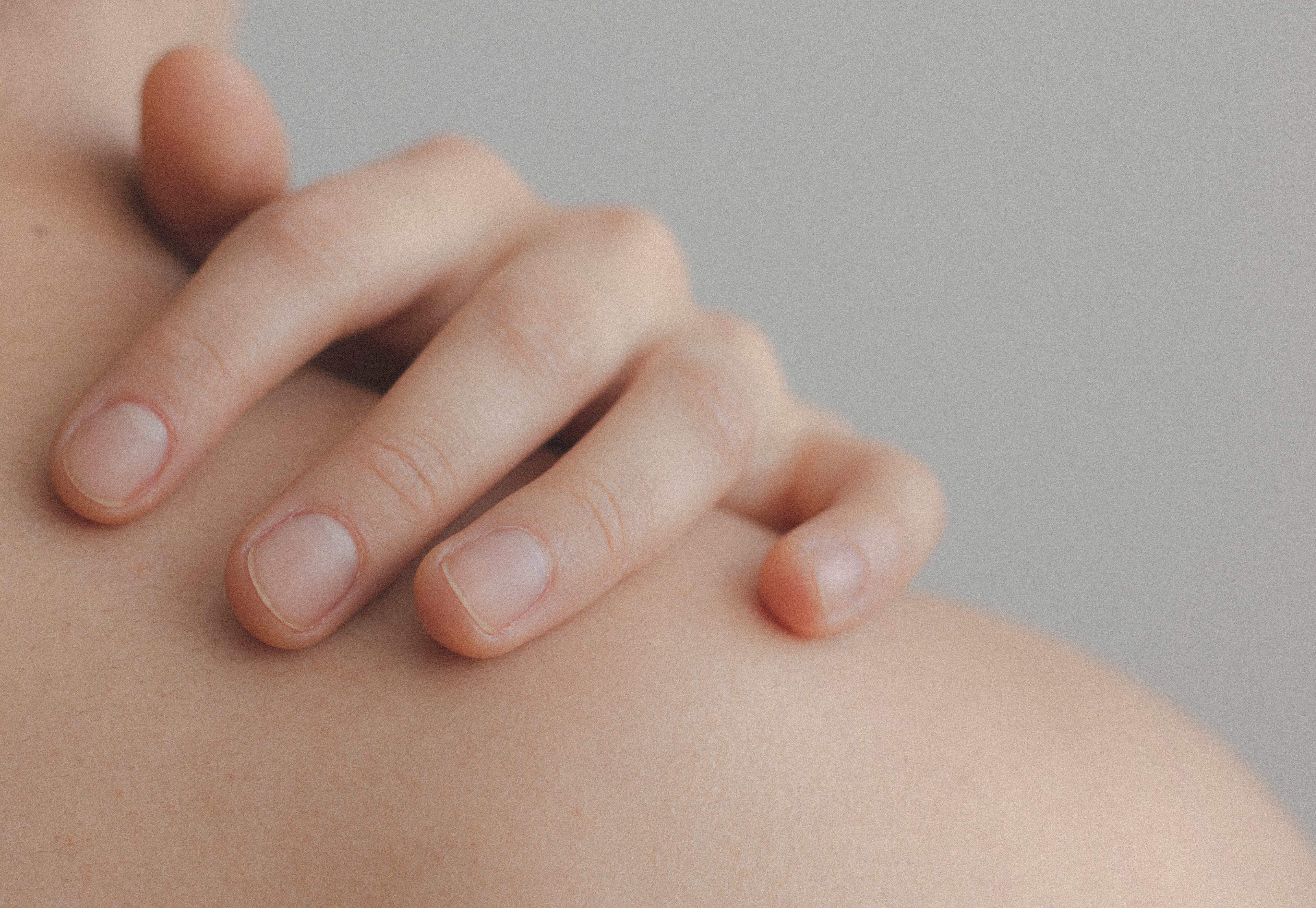
Hidradenitis suppurativa, oftened shortened to HS, is a disease affecting millions of Americans. Despite its prevalence, few in the general population are aware of the diagnosis. Even many of those suffering from it do not realize it is a recognized disease process with treatment options available.
What is HS? HS is characterized by recurrent painful, cyst-like nodules that occur in certain body “flexures”, or skin folds. The most common locations are the underarms, breasts, lower abdomen, inner thighs, genitals, and buttocks. These spots arise often as a painful bump which over time can open and drain. These cysts are often very painful and may drain. After they finally subside, the spots can leave dark pigmentation, lumps, and tethered cord-like scarring.
HS can be a significantly debilitating disease. Many patients are limited in terms of activity level due to the pain they experience. These patients will often fear showing their bodies; many of them abstain from sexual activity and exercise. Most patients will report feeling embarrassed, depressed, and self-conscious due to the cysts, the scar tissue, or the foul-smelling drainage.
Who gets HS? The classic HS patient may present as a 15-30 year-old Black female who is overweight or obese. This patient may also smoke cigarettes. There may also be a family history of HS or other autoimmune diseases such as Crohn’s Disease, ulcerative colitis, psoriasis, lupus, or rheumatoid arthritis. While this is a “classic” scenario, it is important to note that HS can affect a patient of any age, race, gender, or size.
While we can recognize the risk factors, nobody knows the exact cause of HS. It is likely a mixture of genetic and environmental factors. Patients must understand that they did not do anything to bring about this disease. It is not directly related to their level of hygiene, diet, or lifestyle.
How do we treat HS? Firstly, there are some behavioral changes we may recommend. Weight loss and moisture control with powders are often helpful. Over-the-counter Gold Bond powder to body folds may help limit moisture from sweating which can help reduce skin damage from friction. Discontinuation of smoking or tobacco use may be helpful as well. Some patients may experience improvement with dietary changes, although there is no consensus on diet and more studies are needed.
Most importantly, HS patients should always establish follow-up dermatologist for evaluation and treatment. A dermatologist may discuss topicals as well as oral treatments for control of cyst production. Some swollen cysts may need to be drained or injected with steroids in the office. Some more severe cases will require surgical evaluation or a long-term injectable medication called Humira. Every case is different and a proper treatment regimen will be created specifically for that patient.
If you or someone you know suffers from HS, treatments are available. We may be able to help.
Shane Courtney, PA-C08


